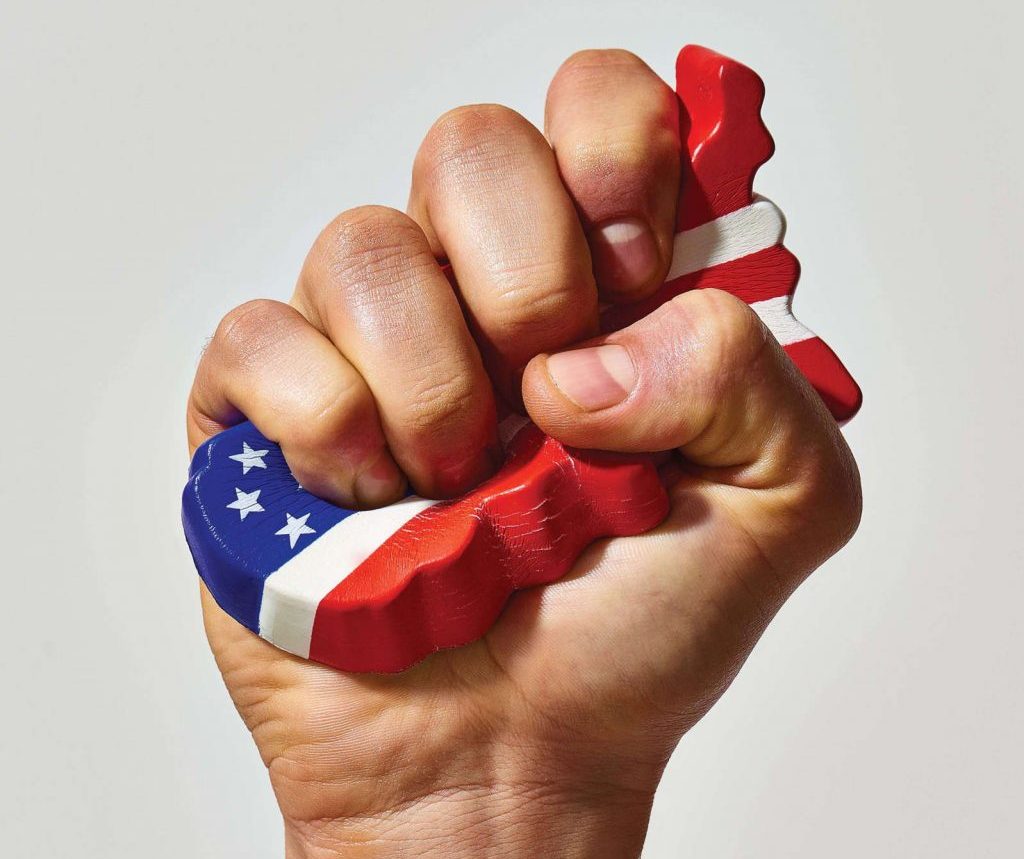
This article in WWD highlights an interesting trend: fashion consumers are starting to blur the lines between politics and corporate responsibility, and brands are following their lead.
H&M, Adidas, Nike and Burberry are among the companies acutely aware of the dynamic, stuck between their desire to avoid forced labor and cotton produced in Xinjiang, China, and Beijing-backed boycotts and reprisals — setting up a direct conflict between promises to consumers and hopes of expanding in China.
But that is just the latest — and very on-point — example of a growing trend that has fashion testing out its political power and trying to find its place. Companies across the industry now see themselves on the front lines of climate change with their sustainability programs. They are also redoubling diversity efforts while supporting the Black Lives Matter movement, wading into issues surrounding voter rights, gun control, and more.
“The role of the CEO today is probably a lot different than it was five, 10 years ago,” Chip Bergh, CEO of Levi Strauss & Co., told WWD when asked about the political playing field. “We’ve got employees and suppliers and customers and they are important stakeholders. It does make the job more difficult, you’ve got to weigh and balance all these critical issues.”
As the fashion industry becomes more responsive to, and accountable for, their behavior, they will likely look to reshoring their manufacturing to the USA, even if it drives up prices. Because that is one of the best ways to show their commitment to sourcing products ethically and sustainably.
Read more HERE

 Dad Caps
Dad Caps
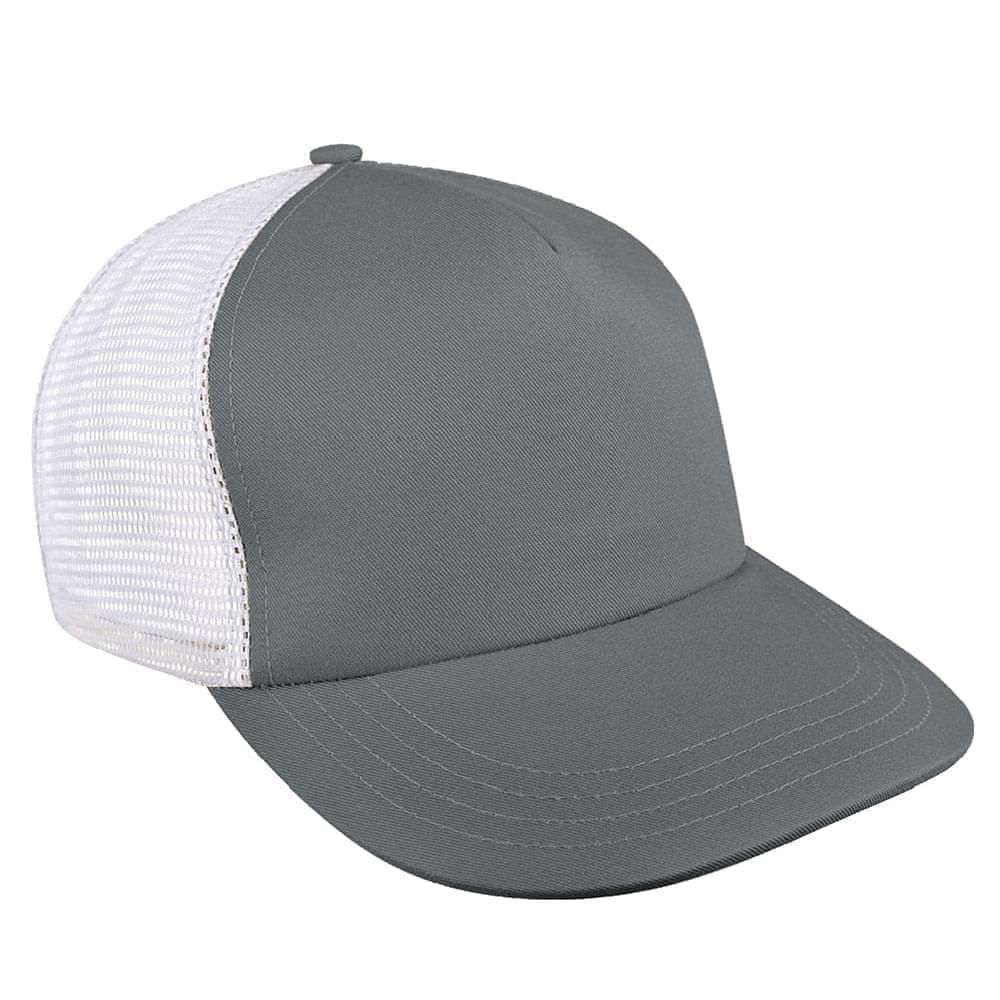 Five Panel Hats
Five Panel Hats
 Mesh Back Hats
Mesh Back Hats
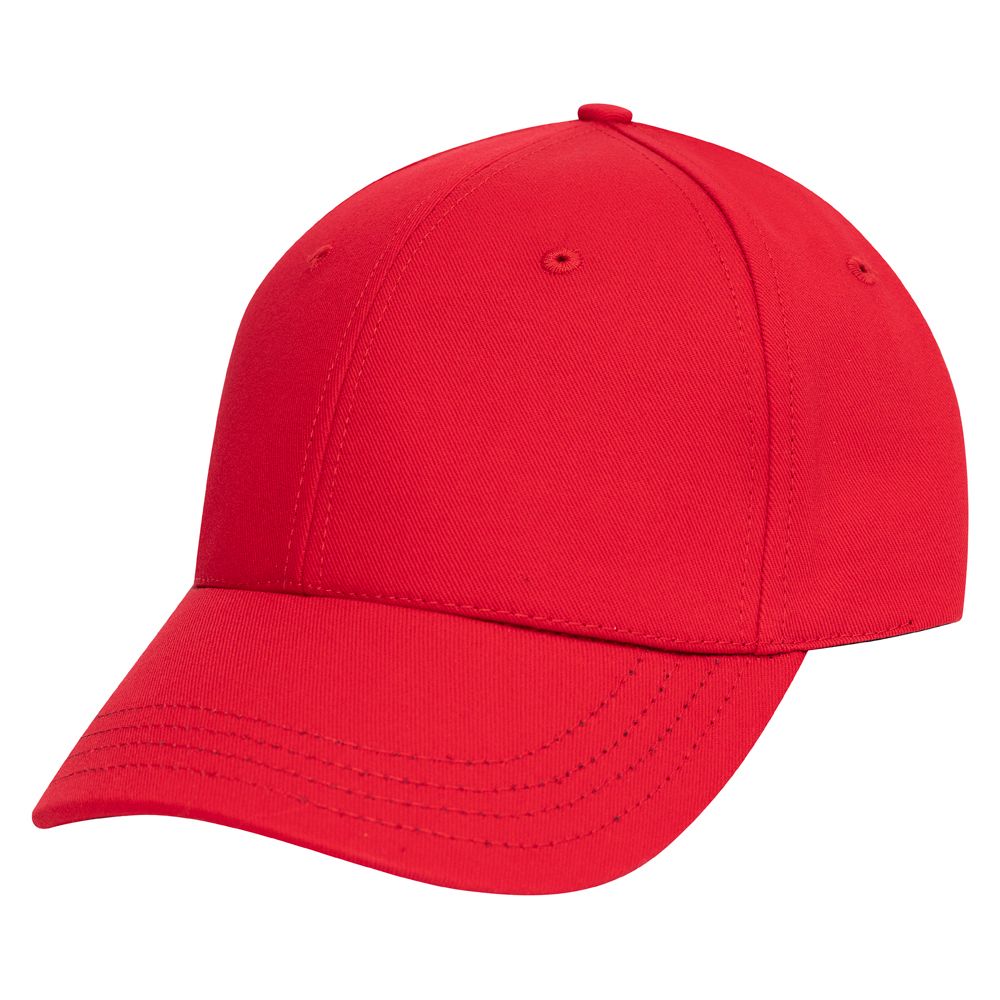 In Stock Blanks
In Stock Blanks
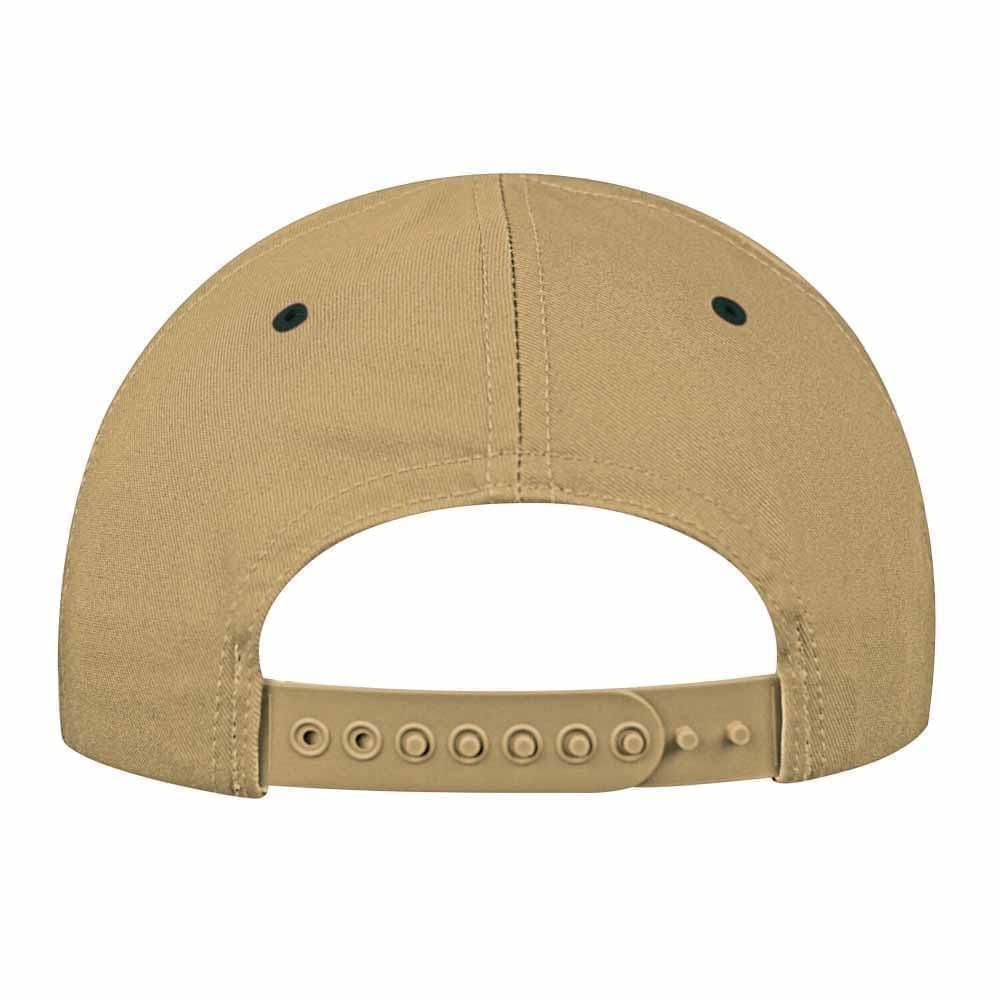 Snapback Hats
Snapback Hats
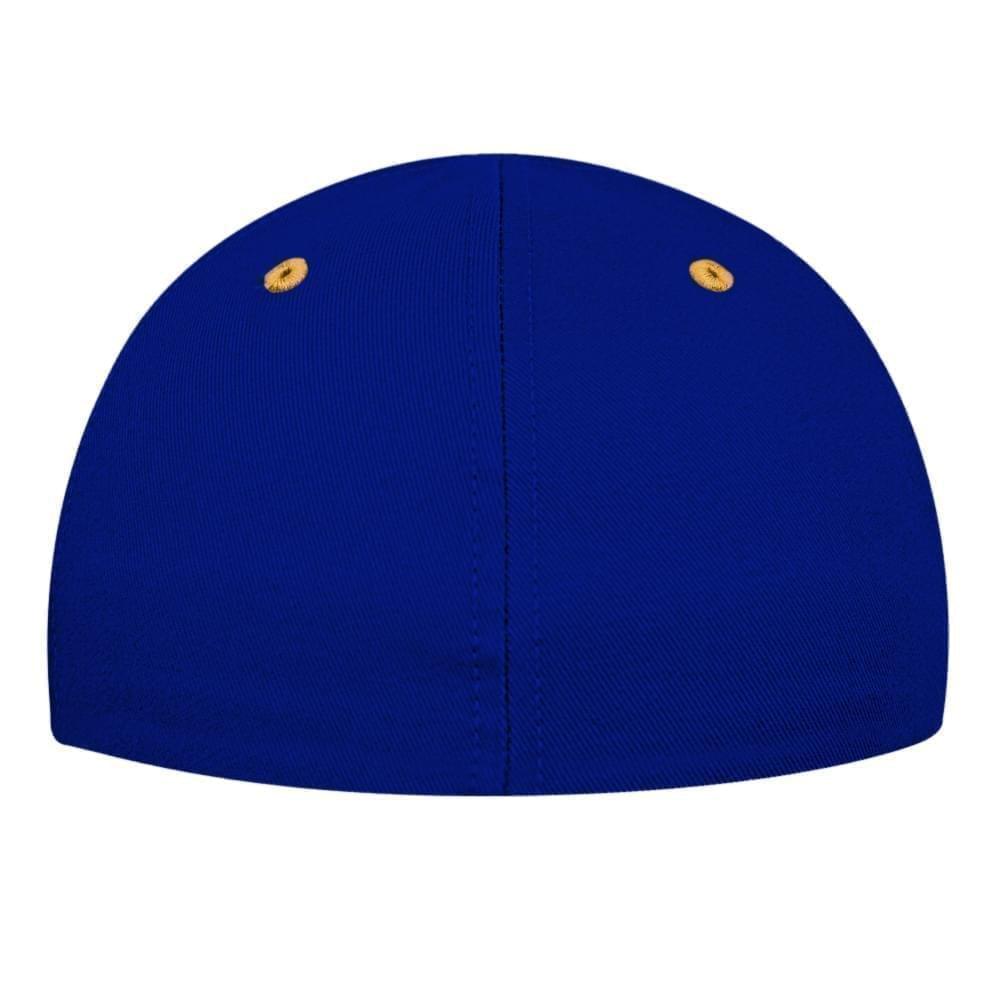 Stretchfit Hats
Stretchfit Hats
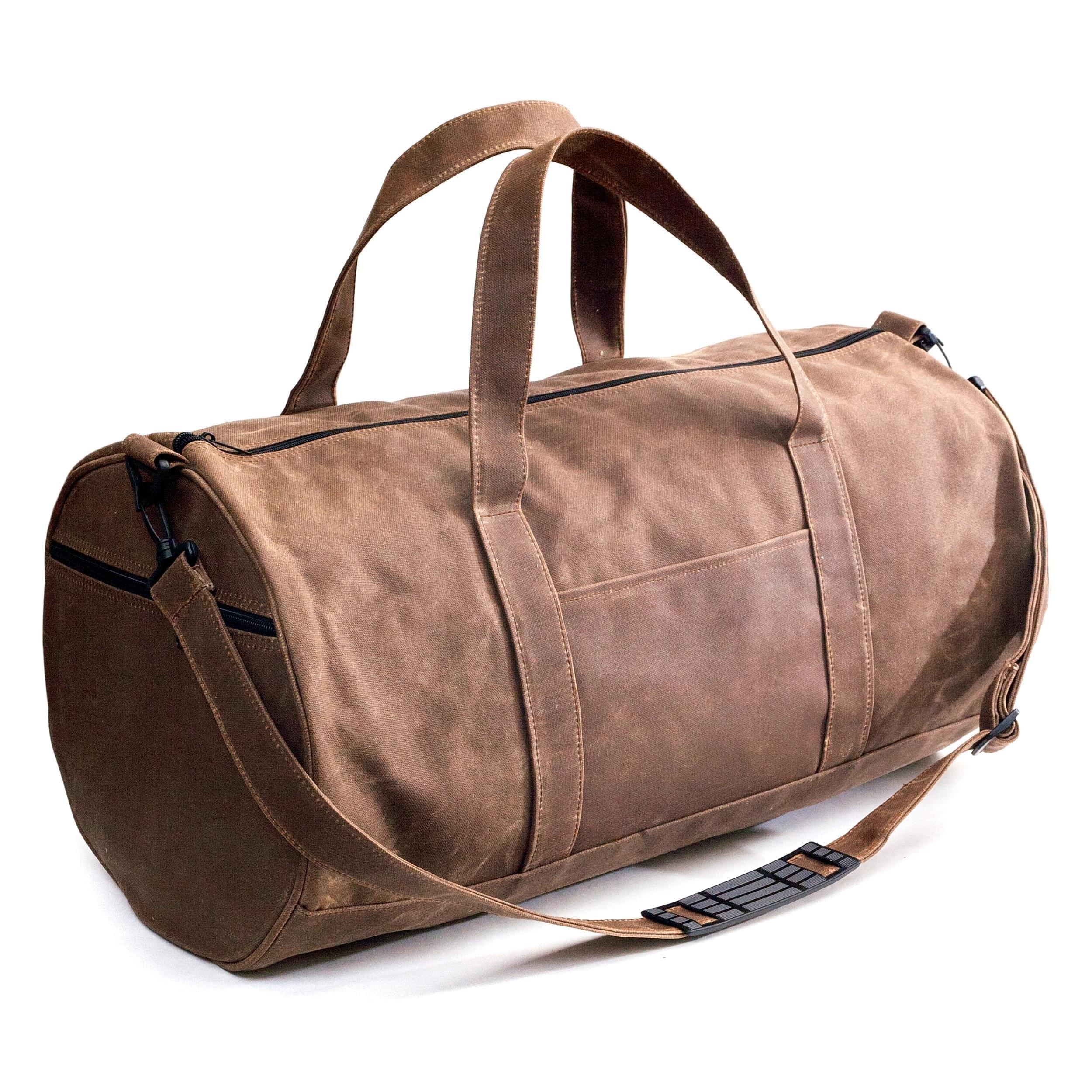 Duffel Bags
Duffel Bags
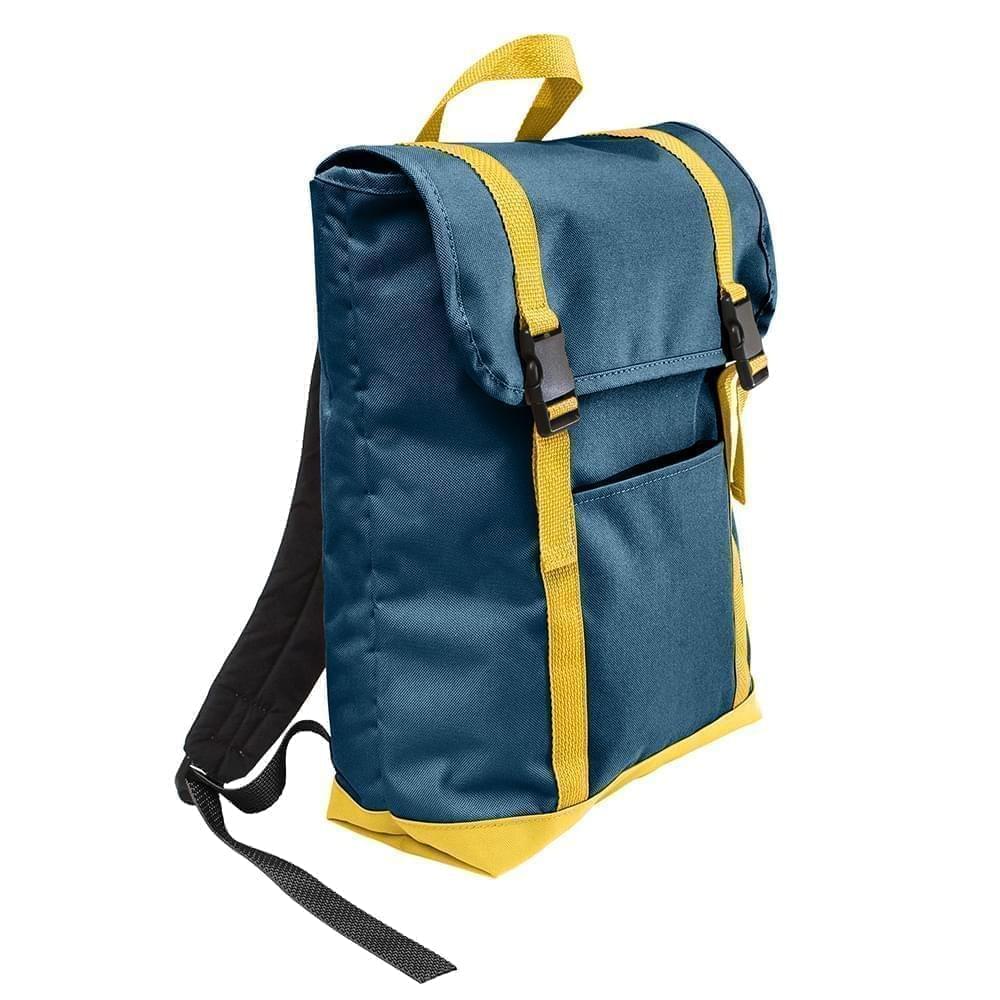 Backpacks
Backpacks
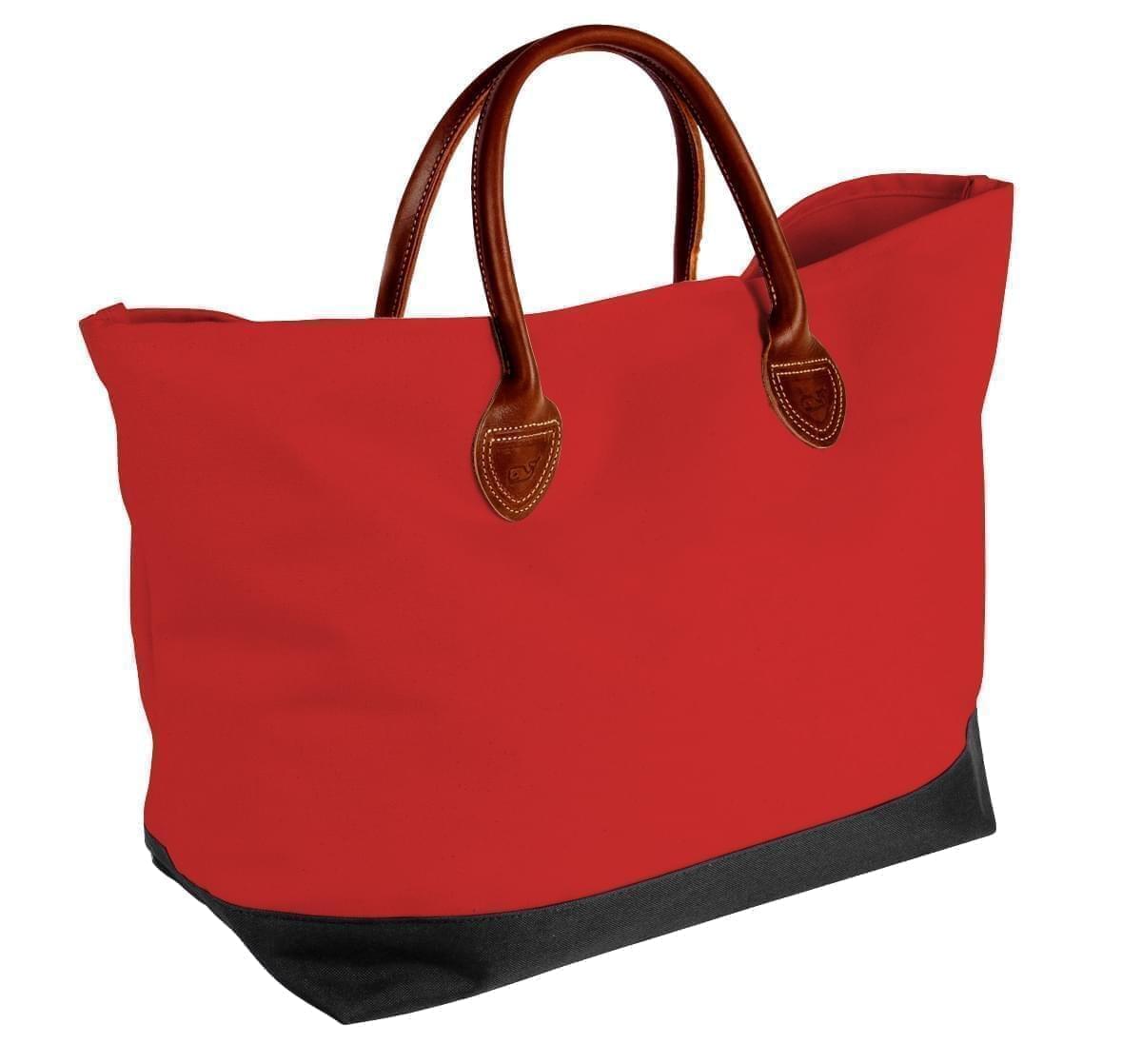 Tote Bags
Tote Bags
 Computer Bags
Computer Bags
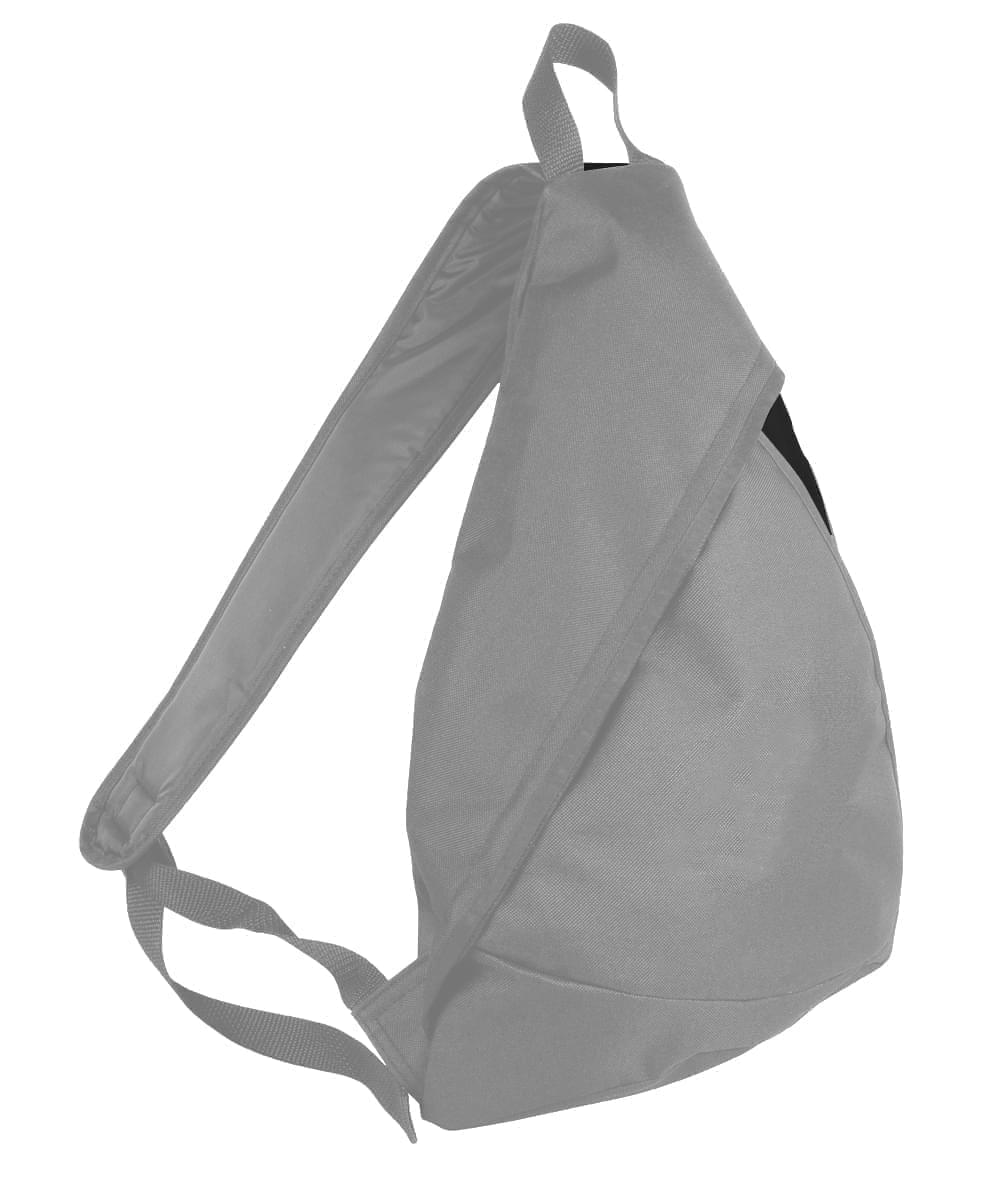 Sling Messenger Bags
Sling Messenger Bags
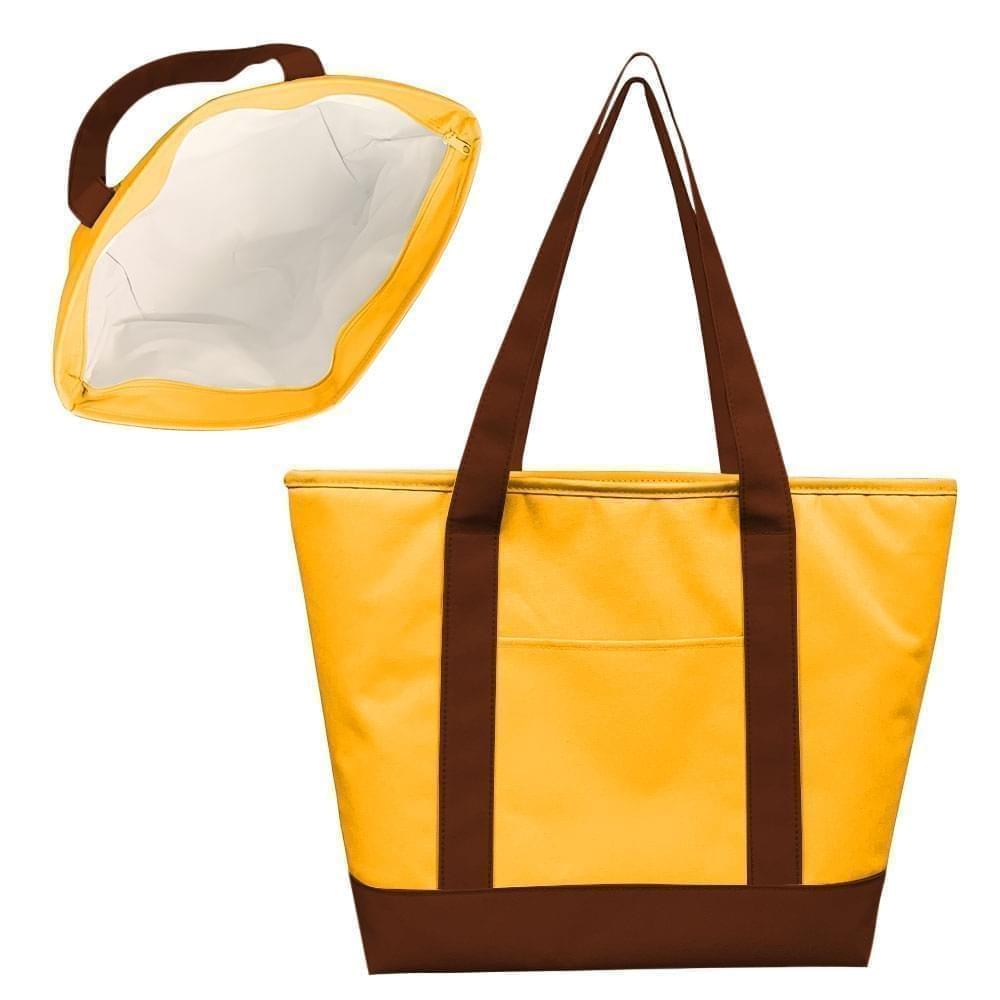 Cooler Bags
Cooler Bags
 Cuff Hats
Cuff Hats
 Beanies
Beanies
 Scarves
Scarves
 Zipper Folders
Zipper Folders
 Stitched Folders
Stitched Folders
 Accordion Folders
Accordion Folders
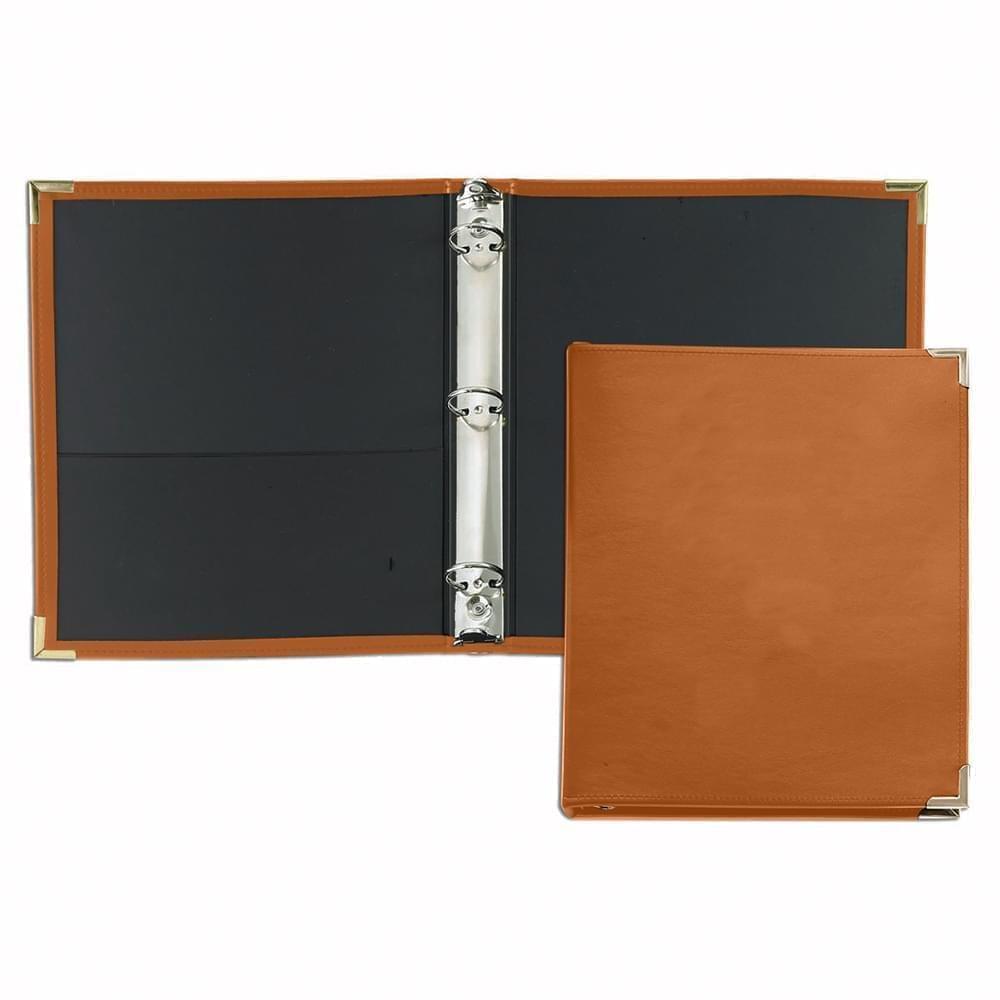 Ring Binders
Ring Binders
 Letter Folders
Letter Folders
 Clipboards
Clipboards
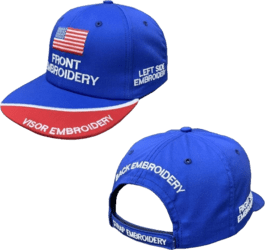
 Union Made In USA
Union Made In USA






